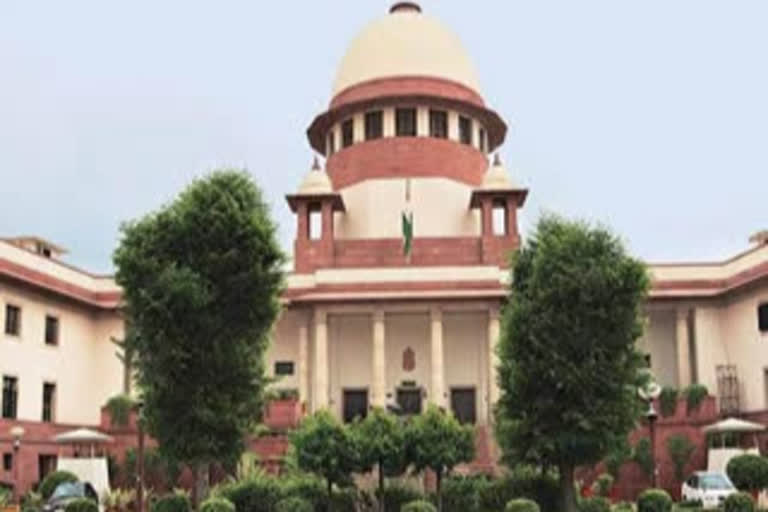New Delhi: A plea was filed on Monday in the Supreme Court seeking a direction to the Centre, states and Union Territories to take steps to double the number of judges in high courts and subordinate courts, and implement a judicial charter on disposal of cases in a three-year time period.
The total sanctioned posts of judges in the 25 high courts of the country is 1,079 and as per a latest report, 414 of the posts are vacant.
The PIL has been filed by BJP leader and lawyer Ashwini Upadhyay and it has made all the high courts, the states, the Union Territories (UTs), the Union Home Ministry and the Law and Justice Ministry as parties.
The plea filed through advocate Ashwani Kumar Dubey said that there are almost five crore pending cases in the country from trial courts to the apex court, and their delayed disposal violate the citizens' fundamental right to speedy justice.
"Deliberate and inordinate delay of a trial offends Article 21. Right to speedy justice is a fundamental right of every citizen, which cannot be trampled upon. It is an integral part of the right to life and liberty and a procedure is void if it does not provide a fair trial and speedy justice," the plea said.
"A Judicial Charter to guarantee time-bound trial and justice is an important safeguard (i) to prevent undue oppressive incarceration prior to trial (ii) to minimise anxiety and concern accompanying public accusation, and (iii) to limit the possibilities that long delays will impair the ability of an accused to defend him," it said.
The PIL, which might come up for hearing after the winter break, said the judicial charter of October 25, 2009, had provided for disposal of all cases, including those pending before a tehsildar and a SDM, within three years and had sought its implementation.
